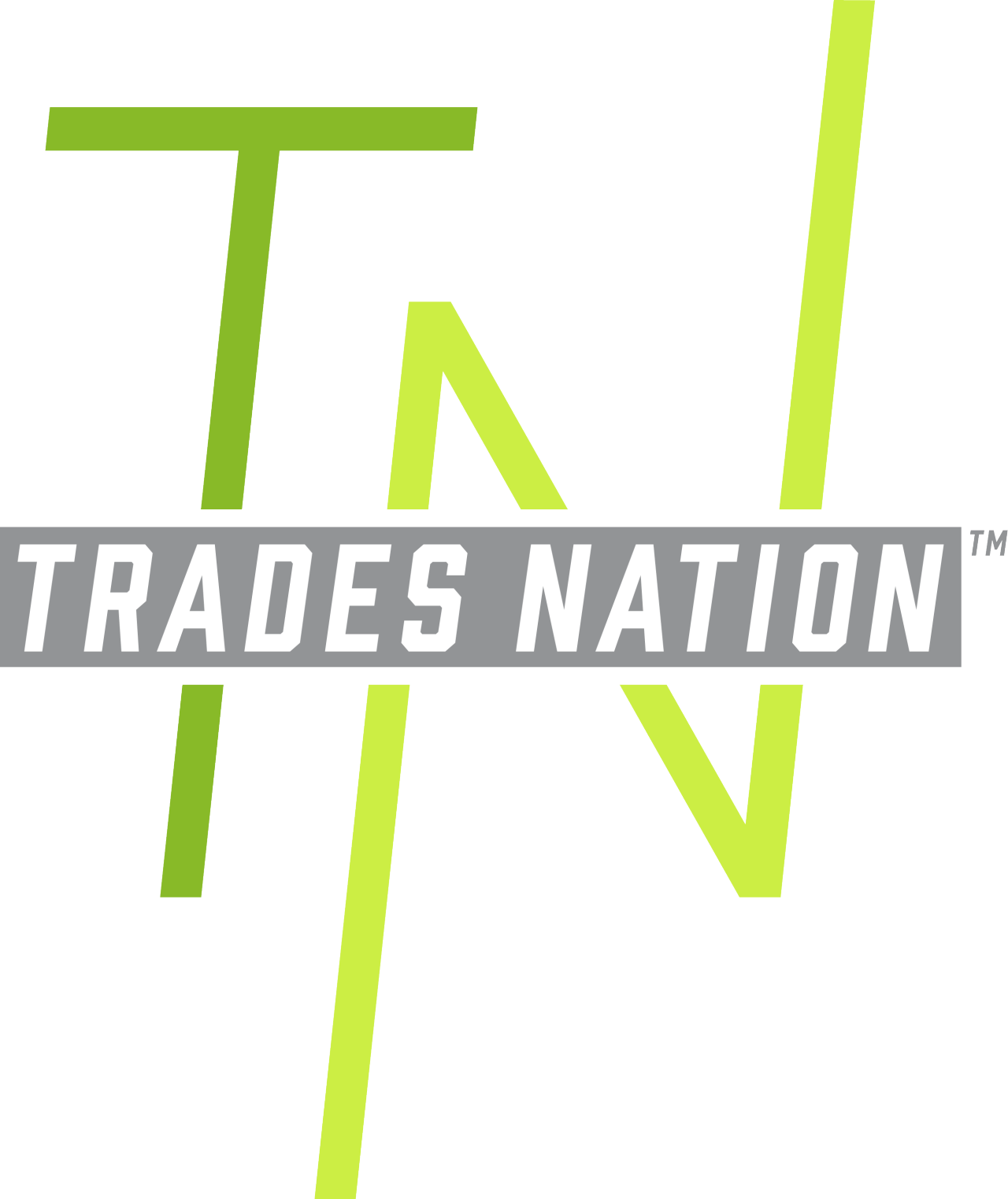Careers in the trades span a variety of industries that are all rapidly evolving. With technology, communication, transportation and energy all changing by the day, tradespeople are some of the most smart and informed professionals in their fields.
In fact, most of these workers are boots-on-the-ground for the very development and expansion of new technologies: from EVs to solar infrastructure, tradespeople are not only seeing the latest market trends, but they also take place in their implementation.
The trades offer an away-from-the-desk exciting and rewarding career path. There’s many reason to choose a trade career but here’s a few:
Dollars & Sense: Earning Potential & Education Costs
Explore the education costs & job pay-offs to trade careers.
Building a Solid Foundation: Job Security & Stability
Understand the job openings, highest growth trades and progression opportunities.
Own Your Trade & Be Your Own Boss
The trades can be a path to building a company and truly owning your trade.
Future of the trades
Skilled trades are progressing to keep pace with rapidly expanding new technologies.
